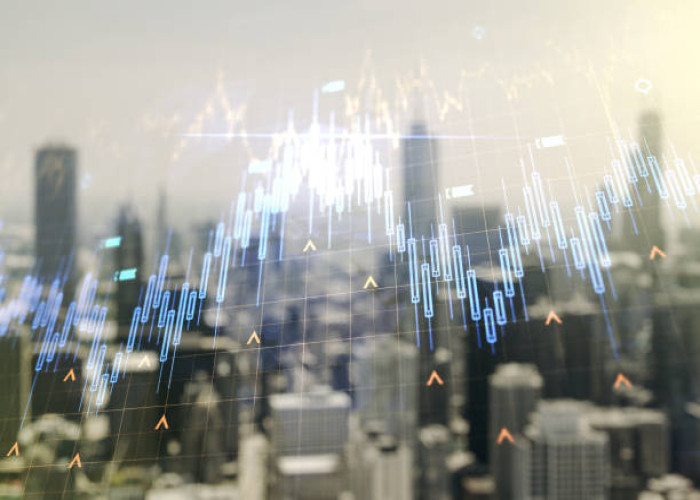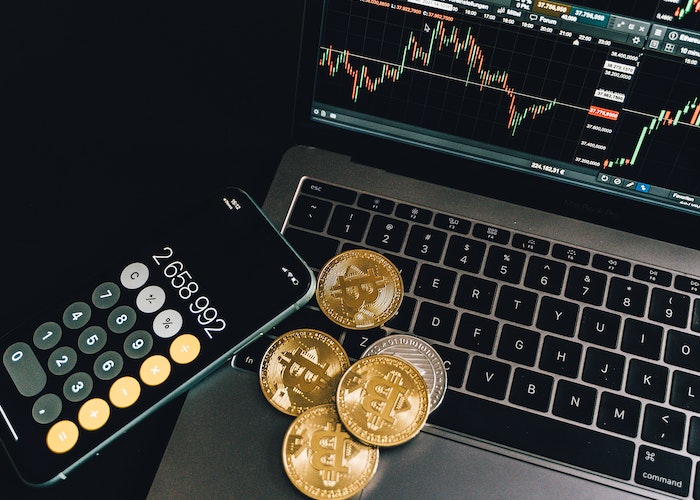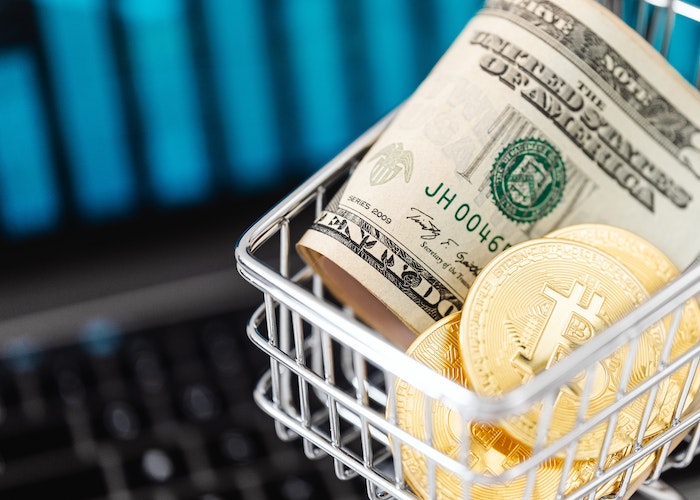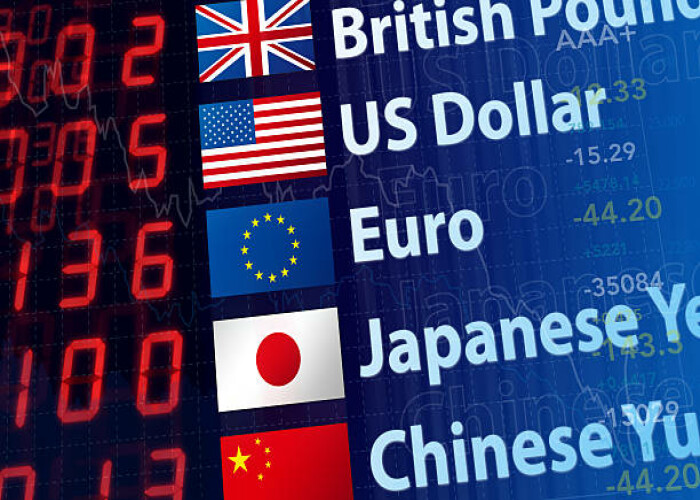
On the most basic level, you need to decide whether you want to trade stocks, forex, or cryptocurrencies.
To start with, you need to decide whether you want to trade stocks, forex, or cryptocurrencies.
- Stock trading is where you buy and sell shares of companies whose stock prices are listed on an exchange like the NYSE (New York Stock Exchange).
- Forex trading involves buying and selling currencies at a rate determined by the market. The most popular currency pairs in this type of trading include USD/GBP (US dollar vs British pound), EUR/USD (euro vs US dollar), and GBP/JPY (British pound vs Japanese yen).
- Cryptocurrencies are digital currencies that aren't controlled by any government or central bank; they're decentralised digital assets that can be used as payment methods online.
Decide how much time you want to spend managing your investments, and how much money you can put aside for trading.
If you want to spend a lot of time managing your investments, then only invest a small amount of money. If you want to spend less time managing your investments, then invest more money.
Investigate what type of account you need and whether it will cost you anything to open it.
Once you've decided what type of account you want to open, move on to the next step: investigating what kind of account it is.
If you're opening a cash account, your broker will simply ask for your name, address, social security number and other personal information. If it's a margin account that's what they'll give you (this is also referred to as an "investment margin" or "investment loan").
The minimum deposit required to open an investment margin trading account can vary depending on the brokerage firm. Some may require less than $1 while others might take more than $10K—so be sure to check before getting started! You'll also need some way of funding this new investment (i.e., money). The best way to do this is by using a credit card because there's no interest charged if the cash isn't withdrawn for at least 30 days after being deposited into the account; however, keep in mind that larger deposits typically come with higher interest rates attached which means paying more money out over time due simply based off how long it stays inside their system before being withdrawn again."
Make sure any platform you choose lets you deposit funds in a way that is easy for you.
In order to make deposits and withdrawals, some platforms allow you to use credit cards, while others only accept bank transfers. It's important to look for a platform that offers the methods of payment that work best for you. For example, if you have a lot of cash sitting in your checking account and want an easy way to get it into crypto, then checking out an exchange like Coinbase would be ideal. However, if your finances are more complicated or uncertain and/or you don't have a credit card or bank account yet (which is common among younger investors), then it may make sense to go with something like Binance or Kraken instead—these exchanges allow users to fund their wallets using wire transfers from their own banks.
If your trading strategy includes leverage, make sure your broker allows it.
If you are new to trading, it's important to understand how leverage works. This is a tool that can help you make large profits if used correctly. But if used incorrectly, it can result in significant losses.
In simple terms, with leverage, traders are able to borrow money from their broker and trade with more than they have in their account—giving them the ability to increase potential profits while also increasing potential losses.
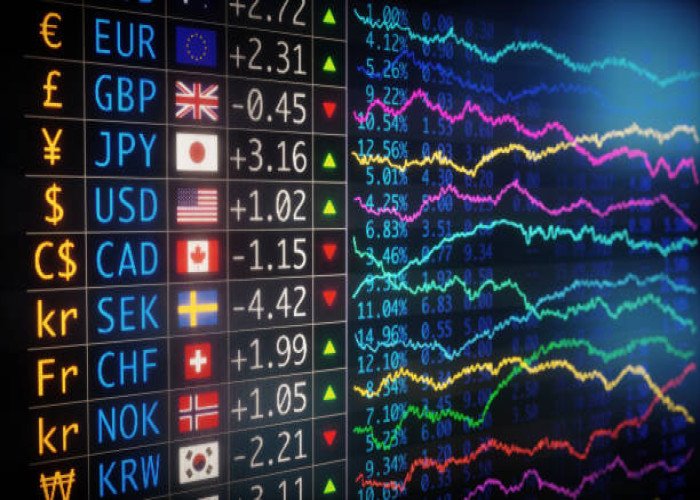
The amount of leverage offered by brokers varies widely across platforms and even within different types of asset classes (e.g., forex vs futures). Brokers typically offer fixed amounts such as 1:1 or 2:1 (2x) meaning that for every dollar deposited into an account by the trader another dollar is borrowed from the broker; however, some brokers offer variable amounts based on market conditions where traders can choose whether or not they want extra funds available for trading at any given time depending on their risk tolerance level at any given time.
Consider any fees the platform charges on top of commissions, such as margin fees or account management fees.
- Margin fees are charged when you borrow money to buy more shares than you have the cash to cover.
- Account management fees are charged for services provided by the platform, such as letting it manage your account or getting access to a market-maker service. These fees can be assessed per trade and/or on an annual basis.
- Fees are charged for every trade, even if you are losing money.
Assess the quality and availability of the customer support services at each platform before making a decision.
When you're choosing a trading platform, it's important to assess the quality and availability of the customer support services at each platform before making a decision. A reliable customer support team is critical to your success as a trader. Your account may experience issues from time to time that require assistance from the company's staff, and you want to be sure that they will be available 24/7 for such situations. The best companies also offer knowledgeable and helpful representatives who can answer any questions you have about using their platforms, strategies for trading on them, or anything else related to trading online.
Determine whether the trading platforms provide tools and resources that fit with your goals and experience level.
When looking for a trading platform, consider whether it provides features and tools that enable you to achieve your goals. For example, platforms that offer educational resources are most useful for beginners who have little knowledge of markets and may need help learning about commodities or understanding what makes the market tick. If you're an experienced trader with a firm grasp on market trends and patterns, you'll likely prefer a more advanced platform with real-time data feeds from around the world.
At the same time, look for platforms that feature customizable tools suited to your experience level as well as those that make it easy for even novices to manage risk through investment strategies such as stop loss limits and trailing stops.
Check if each trading platform allows for paper trading to help hone your skills without putting real money at risk before committing to a platform.
Paper trading is a great way to learn the basics of trading without risking real money.
With paper trading you can practice your trading strategies and get to know the platform you’re using before committing to it.
Paper trading lets you test out your strategies without risking real money, so if they don’t work out as expected or if there are any issues with the platform, you can just walk away without losing your shirt in the process.

